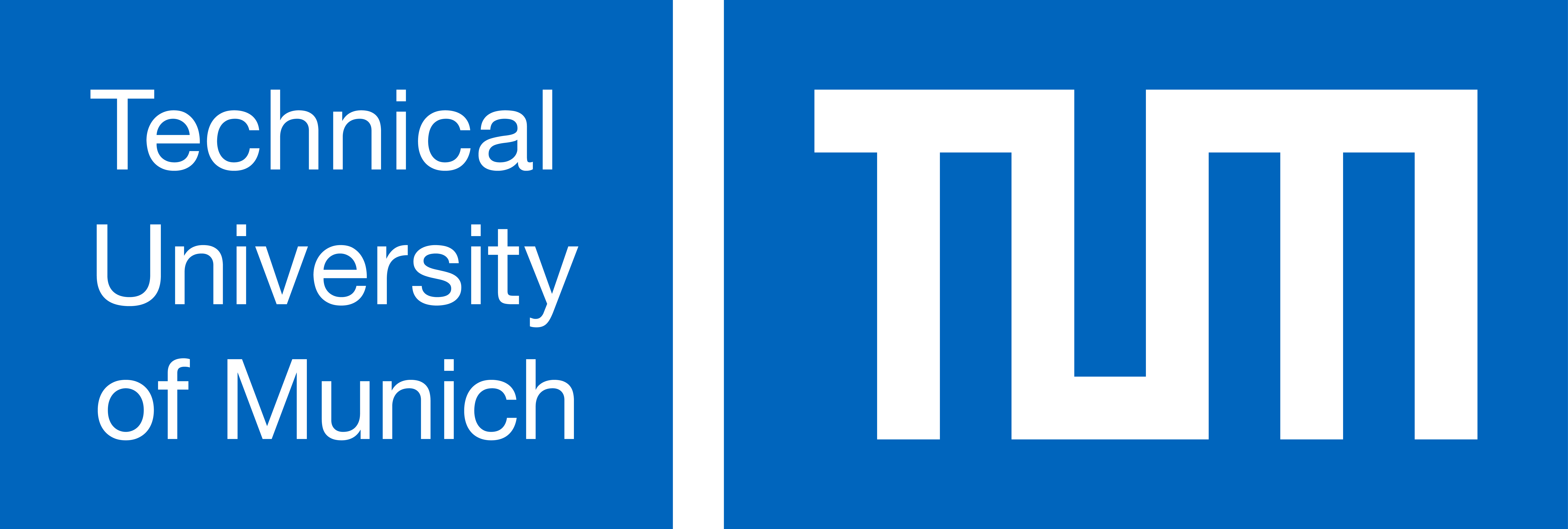About this course
Metal additive manufacturing (MAM) processes produce components by successively depositing materials layer-by-layer. In contrast to conventional subtractive manufacturing, which creates parts by removing materials and consequently causing enormous wastage, MAM is widely known to contribute towards sustainable manufacturing. MAM’s other unique attributes are customized production, and the inclusion of intricate geometries within functional products, thereby reducing resource-consuming inventory. Owing to these abovementioned qualities, many top-rated publications have forecasted MAM as a technology of the future. To keep the future generation of EuroTeQ students abreast with this emerging technology, an introductory course in Metal additive manufacturing is offered. This course introduces metal additive manufacturing and the various stages which are required in developing functional products using MAM. It contains modules of 1. feedstock materials, 2. design and topology optimization, 3. process simulation, 4. laser powder bed fusion, 5. directed energy deposition, 6. post-processing, 7. quality and defects analysis, 8. application. In addition to the fundamentals of the MAM processes, this course also introduces students to the sustainability potential and business models relevant to MAM through use cases presented by industrial partners.
Learning outcomes
After the end of the course, students are able to
- explain the basics of the most prominent metal additive manufacturing, process workflows, design principles, materials selection and post-processing,
- understand the importance of materials engineering and characterisation in the field of metal AM,
- apply the principles of topology optimisation and guidelines of design for the creation of AM enabled value-added products and services,
- assess the suitability for using additive manufacturing as a substitute or a complementary technology vis-a-vis conventional manufacturing,
- appreciate the sustainability potential of metal additive manufacturing and create ecologically sensitive manufacturing and business models.
Examination
The module examination will be in the form of an online written exam. The duration will be 90 minutes. The use of a calculator is allow. The exam question will be single/multiple choice based on the lecture, tutorials and practical exercises. The exam aims to test the overall understanding of the fundamentals of the metal additive manufacturing process (e.g. workflows, feedstock requirements, design guidelines, quality assessment and post-processing) as well as the application of this knowledge to practical examples (e.g. topology optimization). The students must also be able to demonstrate learned choices while selecting a certain metal additive manufacturing (MAM) process over conventional manufacturing processes or other MAM processes for a given set of conditions.
Course requirements
To register for participation, you must identify yourself as a student in TUMonline. Basic knowledge of manufacturing engineering is desirable but not required.
Resources
- DebRoy, Tarasankar, et al. "Additive manufacturing of metallic components–process, structure and properties." Progress in Materials Science 92 (2018): 112-224. Gibson, Ian, et al. Additive manufacturing technologies. Vol. 17. Cham, Switzerland: Springer, 2021.
Activities
Each topic listed in the course description will be taught via an online lecture, either pre-recorded or a live Zoom meeting. In these weekly lectures, each topic will be discussed with the help of presentations and videos or other multi-media resources deemed suitable by the expert speaker. Through these lectures, the students will learn the basic working principle of the most prominent metal additive manufacturing processes and the opportunities and challenges they offer for facilitating the adoption of newer and more sustainable manufacturing alternatives compared to conventional manufacturing. A subsequent wrap-up meeting held via Zoom will revise the key topics covered in the recorded lecture or will be a tutorial in the simulation part of the course. Exercises and case studies may be provided as supplementary course materials. These additional resources will highlight real-world examples of end-use functional and demonstrable applications of MAM in the modern sustainability-inclined industrial revolution.
Additional information
- More infoCoursepage on website of Technical University of Munich
- Contact a coordinator
- CreditsECTS 3
- Contact hours per week2
- InstructorsEvgeniia Kabliman, Thomas Reindl, Peter Mayr, Dhirendra Purandra Mishra
- Mode of instructionHybrid
Offering(s)
Start date
14 October 2024
- Ends7 February 2025
- Term *Winter 2024/2025
- Instruction language
- Register between26 Aug - 13 Sept 2024
Only 6 days to enrolApply now
